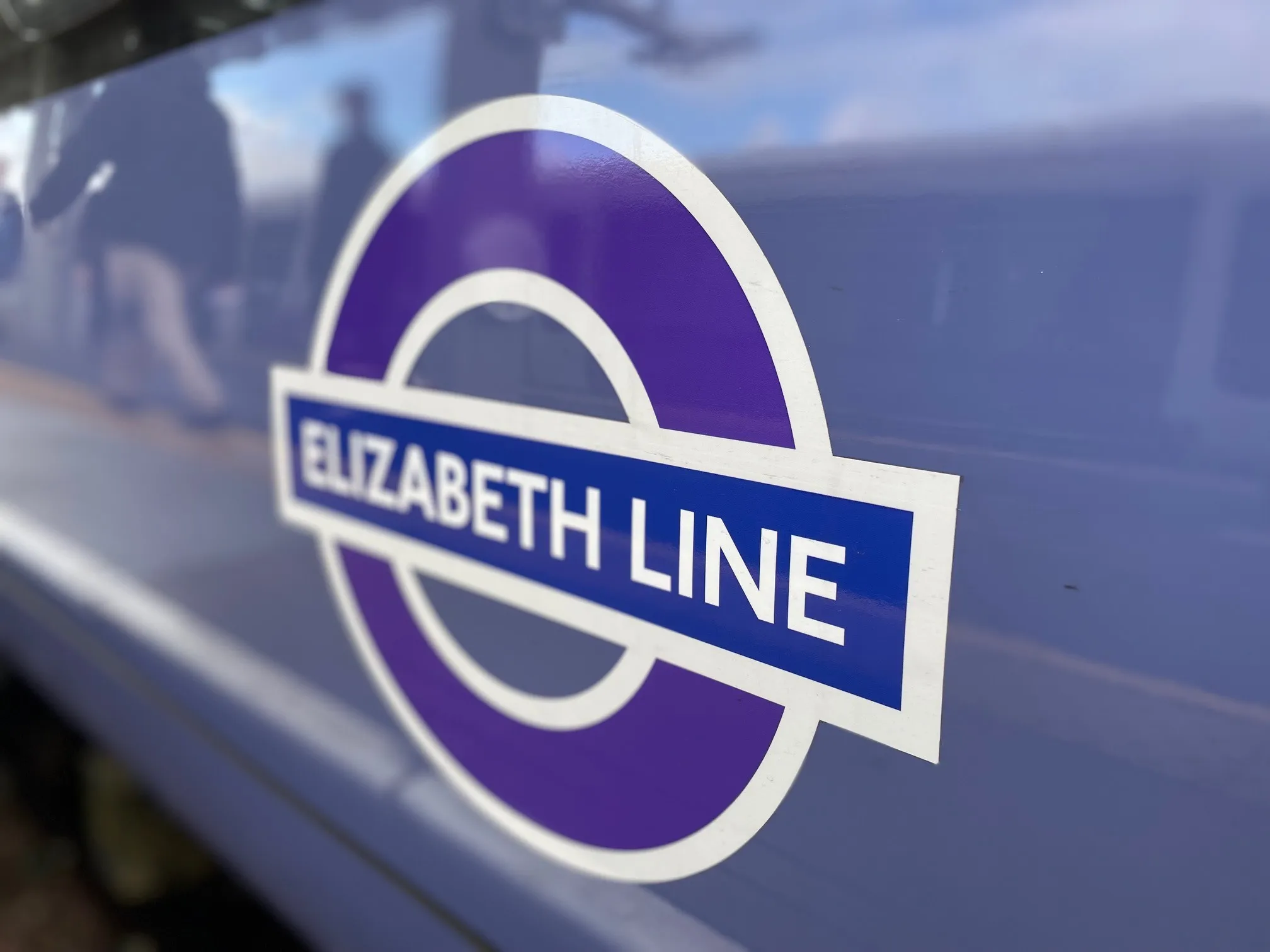Traffic congestion is costing UK businesses approximately US$957 million (£767 million) a year in lost productivity, according to research conducted by TomTom.
The TomTom Traffic Index has found traffic across the UK’s 25 most congested cities and towns increases the time each vehicle spends on the road by an average of 127 hours a year.
And the situation seems to be getting worse. An average journey in 2015 took 29 per cent longer than it would in free-flowing conditions, up from a 25 per cent delay
November 29, 2016
Read time: 2 mins
Traffic congestion is costing UK businesses approximately US$957 million (£767 million) a year in lost productivity, according to research conducted by 1692 TomTom.
The TomTom Traffic Index has found traffic across the UK’s 25 most congested cities and towns increases the time each vehicle spends on the road by an average of 127 hours a year.
And the situation seems to be getting worse. An average journey in 2015 took 29 per cent longer than it would in free-flowing conditions, up from a 25 per cent delay in 2010.
Beverley Wise, director UK & Ireland for TomTom Telematics said that although traffic congestion may be seen as a fact of life for every driver, cumulatively it is taking a heavy toll on the UK economy. She maintains that through smarter planning, routing and scheduling, companies can help their drivers to better avoid traffic, which could not only have an impact on productivity but also customer service. Previous research conducted by TomTom Telematics among UK van drivers found 90 per cent admit to arriving late for customer appointments, with 93 per cent citing traffic as the reason.
According to TomTom, the biggest financial hit was felt in London, where US$296 million (£237 million) is lost to traffic each year, followed by Manchester (US$197 million (£157,729,390)) and Birmingham (US103 million) (£81,364,800)).
The TomTom Traffic Index has found traffic across the UK’s 25 most congested cities and towns increases the time each vehicle spends on the road by an average of 127 hours a year.
And the situation seems to be getting worse. An average journey in 2015 took 29 per cent longer than it would in free-flowing conditions, up from a 25 per cent delay in 2010.
Beverley Wise, director UK & Ireland for TomTom Telematics said that although traffic congestion may be seen as a fact of life for every driver, cumulatively it is taking a heavy toll on the UK economy. She maintains that through smarter planning, routing and scheduling, companies can help their drivers to better avoid traffic, which could not only have an impact on productivity but also customer service. Previous research conducted by TomTom Telematics among UK van drivers found 90 per cent admit to arriving late for customer appointments, with 93 per cent citing traffic as the reason.
According to TomTom, the biggest financial hit was felt in London, where US$296 million (£237 million) is lost to traffic each year, followed by Manchester (US$197 million (£157,729,390)) and Birmingham (US103 million) (£81,364,800)).










